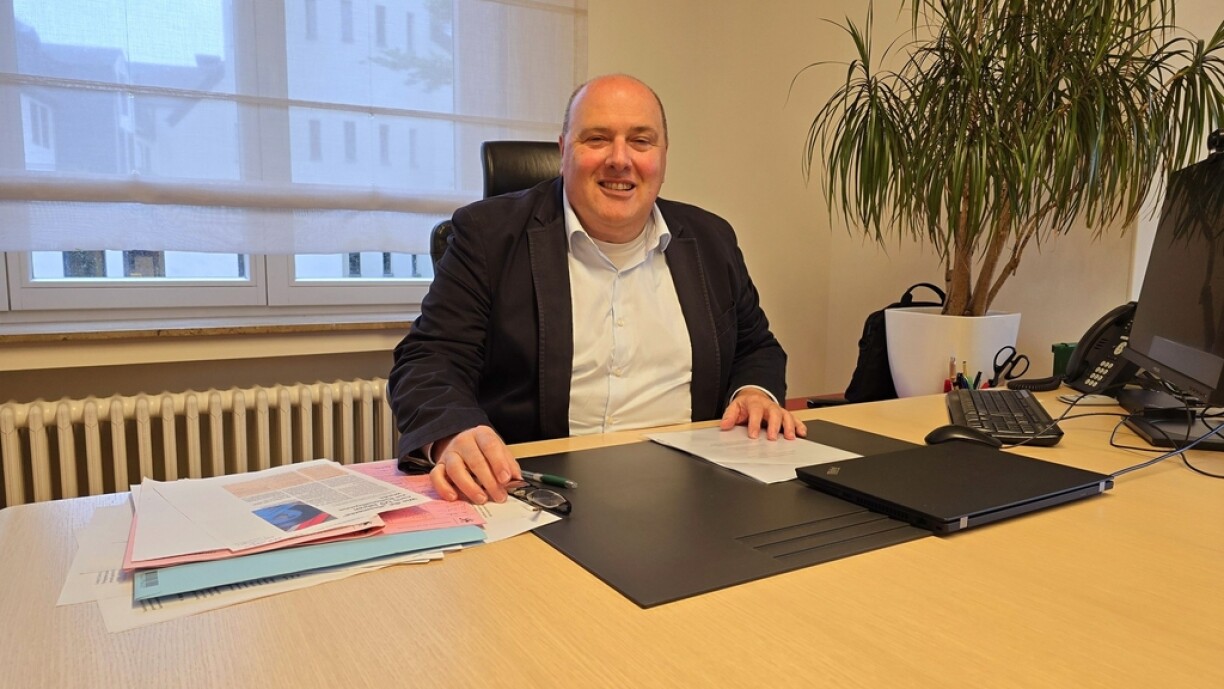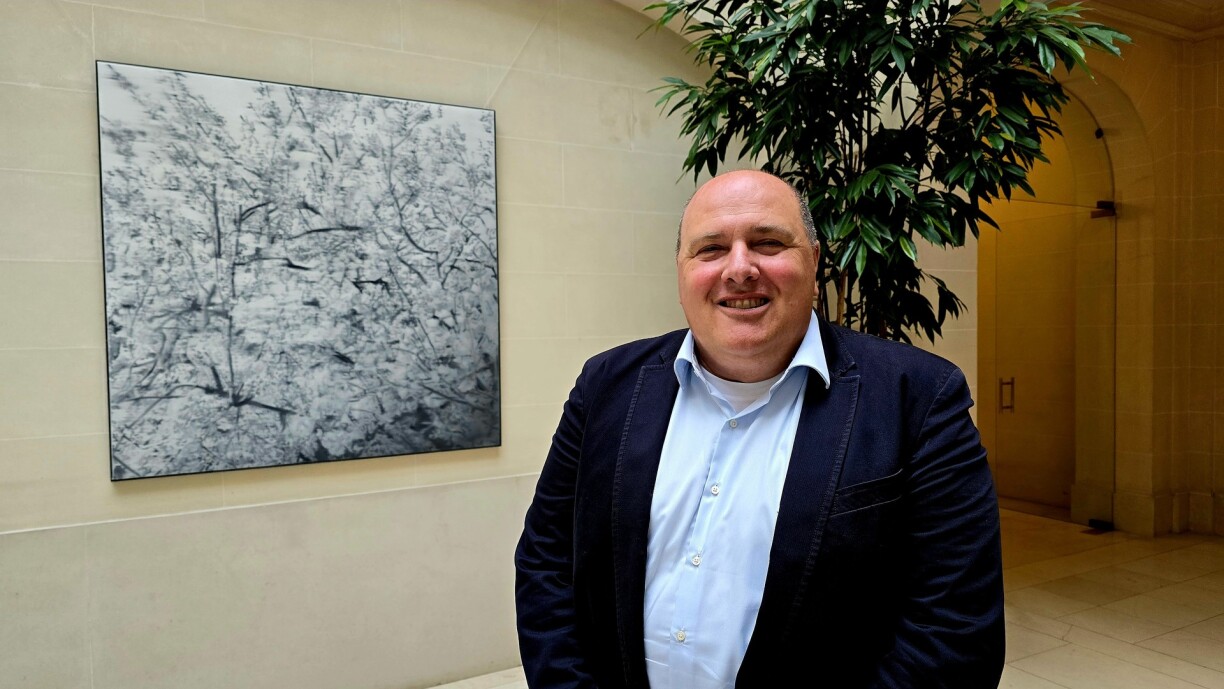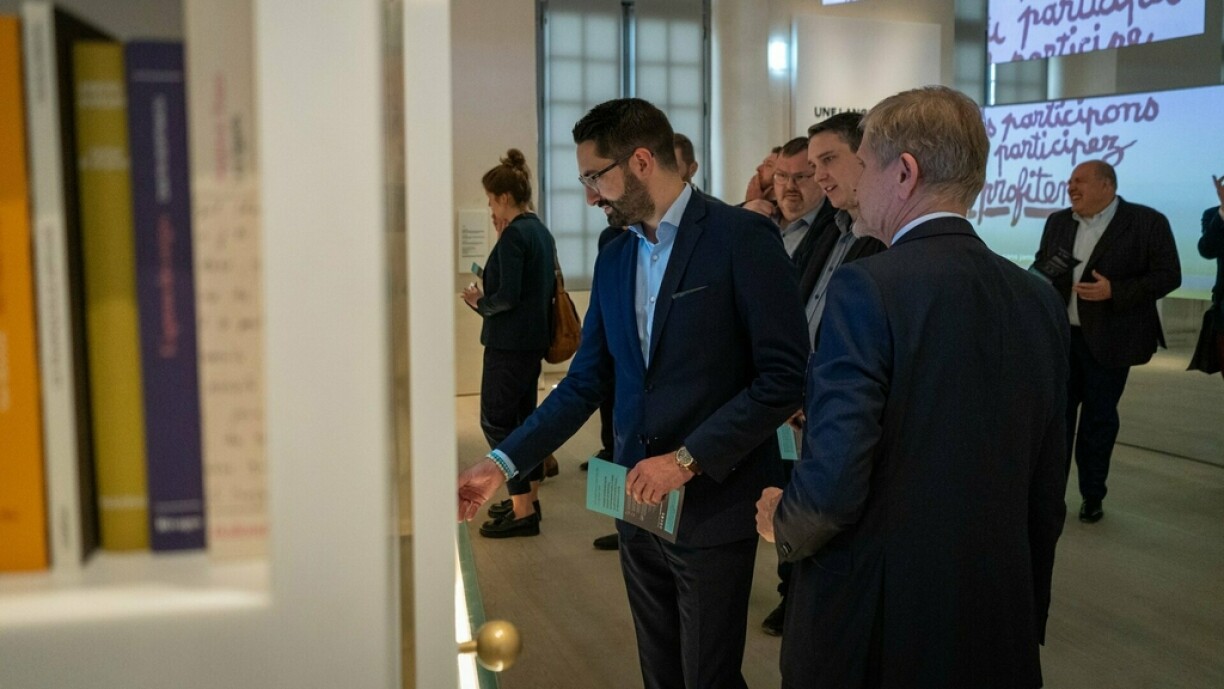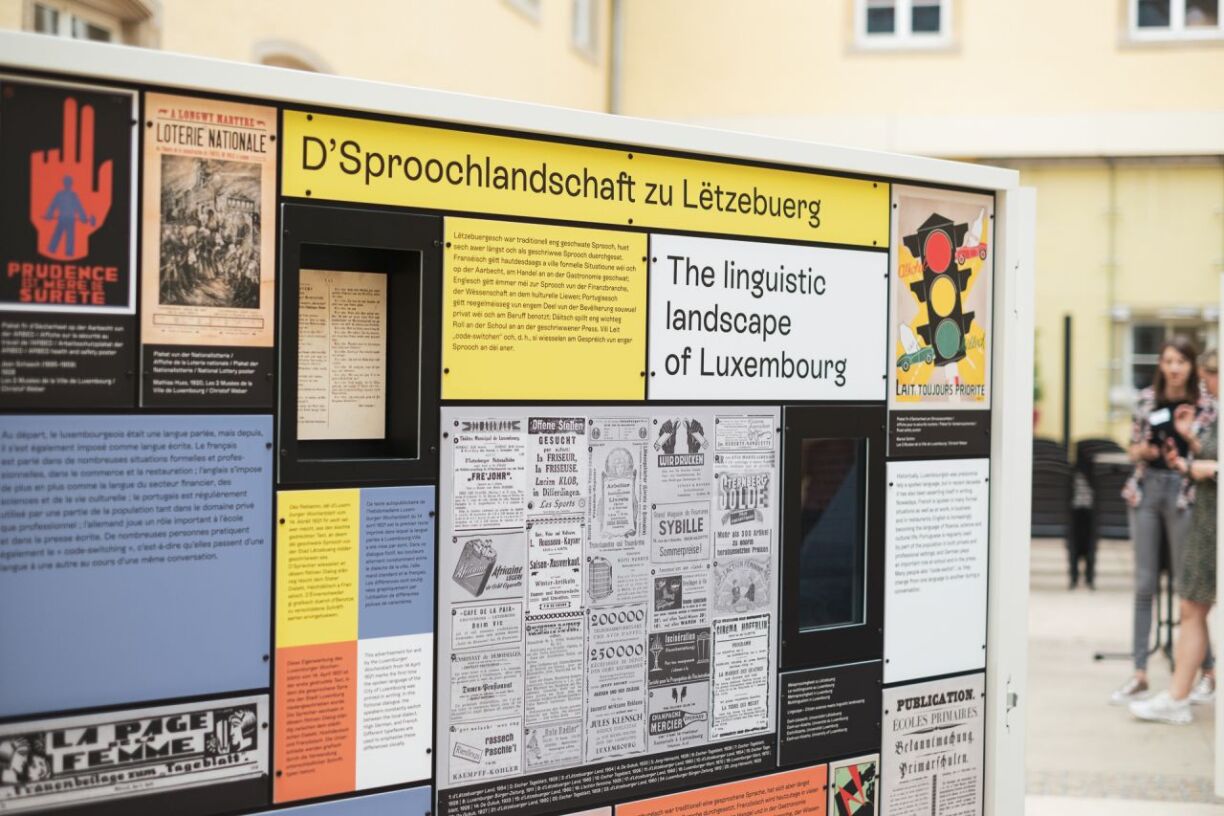
One of the primary focuses for Commissioner Pierre Reding is the integration of Luxembourgish in the healthcare and care sectors. Reding recognises the essential role of cross-border workers in these sectors, noting that their absence would cause a collapse.
In collaboration with the National Institute of Languages (INL), Reding is developing a programme to teach Luxembourgish to professionals in these fields. The goal is to prioritise practicality, ensuring that staff can use everyday Luxembourgish, express empathy, and understand patients or pensioners. “We need to teach them the Luxembourgish they need for their profession,” Reding explained.
Given the shift work common in healthcare, organising fixed-time classes is challenging. Reding is exploring the possibility of workplace training, where teachers would provide tailored Luxembourgish lessons, including specific vocabulary relevant to each role. The Commissioner is optimistic about the success of this approach.
Reding highlighted that many Luxembourgish learners feel they lack opportunities to practice speaking the language. He shared a personal anecdote about consistently speaking Luxembourgish with a particular staff member at his local bakery. “She now smiles as soon as I come in, and then we speak Luxembourgish,” Reding said.
The Commissioner emphasised the importance of providing learners with opportunities to use Luxembourgish in everyday life, fostering more frequent and natural language interactions.

When asked whether the rise of artificial intelligence could make language learning obsolete, Pierre Reding laughed. He compared the advent of AI to the rise of social media, which significantly increased the use of written Luxembourgish. Reding sees similar potential in AI technologies.
The Centre for the Luxembourgish Language (ZLS) has developed “Schreifmaschinn,” a speech-to-text tool for Luxembourgish. The next step, according to Reding, is to create a text-to-speech tool. He noted that no AI can replace non-verbal communication, which is why he believes these tools do not pose a threat to the language but rather present a great opportunity.
According to Pierre Reding, the Luxembourgish language is currently being used more than ever. The number of Luxembourgish speakers continues to grow. The Commissioner for the Luxembourgish Language nonetheless highlighted Luxembourg’s status as a multilingual country.
Reding emphasised that Luxembourgish is inherently part of the identity of the Grand Duchy’s population. He deliberately used the term “population” rather than “Luxembourgers,” explaining that the Luxembourgish language does not exclusively belong to Luxembourg nationals, but to anyone who wishes to learn and engage with it. “No language belongs to anyone,” Reding stated.
Pierre Reding expressed a desire for more poetry to be written in Luxembourgish, noting the significant progress made in other art forms such as novels, plays, and music, which are increasingly being produced in the language. These developments, Reding asserted, demonstrate that Luxembourgish is alive and well.
There is also a growing number of children’s books in Luxembourgish, many of which are translations. However, local authors are increasingly writing original works for children. Reding hopes these authors will find markets beyond Luxembourg, acknowledging the challenges of becoming a professional author in the country.

A travelling exhibition dedicated to the Luxembourgish language, which has been active for about a year, is set to find a permanent home. The exact location has yet to be decided. Recently, a delegation visited the International Centre of the French Language at the castle in Villiers-Cotterêts to gather inspiration.
Reding outlined ideas for the exhibition, including incorporating AI and offering visitors an engaging, interactive journey through the languages of Luxembourg. The goal is for visitors to leave the exhibition having learned something new.

The position of the Commissioner for the Luxembourgish Language was established by the 2018 law for the promotion of the national language. The Commissioner’s responsibilities include developing and implementing the action plan for the Luxembourgish language. Meanwhile, the Centre for the Luxembourgish Language employs researchers, linguists, and lexicographers who standardize and analyse the language, among other tasks.